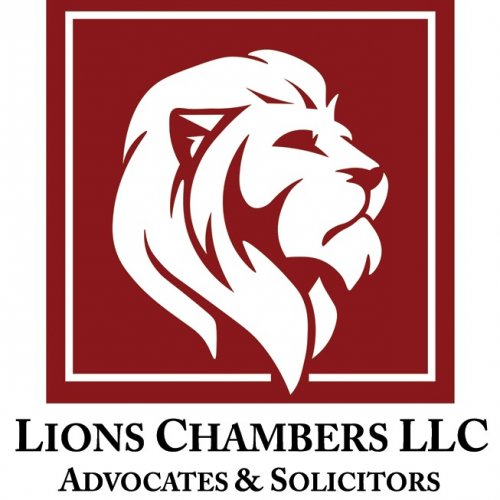Best Land Use & Zoning Lawyers in Serangoon
Share your needs with us, get contacted by law firms.
Free. Takes 2 min.
Free Guide to Hiring a Real Estate Lawyer
List of the best lawyers in Serangoon, Singapore
About Land Use & Zoning Law in Serangoon, Singapore
Land Use and Zoning Law in Serangoon, Singapore sets the substantive and procedural standards by which land use is regulated. It involves ordinances, rules, and regulations related to how land can be used, for what purpose, and any limitations or restrictions placed upon these uses. The primary objective of this law is to control urban expansion, protect the environment, ensure that property use conforms to designated zones, and to secure land for necessary social and economic activities.
Why You May Need a Lawyer
Individuals and businesses may need a lawyer when faced with situations such as changing the zoning of a property, requesting variance for a property, opposing development plans, seeking exceptions or conditional use permits, or understanding complex land use regulations. Legal experts can guide you through the complex processes, prepare and submit the necessary documentation, and represent you in hearings or negotiations.
Local Laws Overview
The key aspects of local laws regarding land use and zoning in Serangoon, Singapore, revolve around the Master Plan, which guides Singapore's physical development, and the Planning Act, the primary legislation for land use planning and control. It's also crucial to note that different zones such as Residential, Commercial, or Industrial have distinct regulations concerning what can be developed in these areas. Any development or construction works must also adhere to the regulations set by the Building and Construction Authority of Singapore (BCA).
Frequently Asked Questions
What are the zoning districts in Singapore?
The land in Singapore is divided into various zoning districts such as Residential, Commercial, Business, Special Use, and Reserve Sites, each with its specific uses, set by the Urban Redevelopment Authority.
What is a land use plan?
A land use plan, such as Singapore's Master Plan, outlines the government's strategies and plans on how land will be used and developed to support future growth.
Can I change the zoning of my property?
Rezoning a property is possible but involves a rigorous process. You will need to make an application to the relevant planning authority along with a justification for the request. Proposed changes should typically be in line with the Master Plan.
What is a variance in zoning?
A zoning variance is a legal mechanism that allows homeowners to use their property in a way that deviates from the city's zoning ordinance. This can be requested if strict enforcement of the zoning codes will lead to unnecessary hardships.
What is a conditional use permit?
A conditional use permit is a zoning exception which allows the property owner to use land in a way not normally allowed within a particular zoning district. This typically involves narrowly defined uses and often requires public hearings.
Additional Resources
For more in-depth information, you can refer to resources such as the Planning Act and the Building Control Act. For applications, approvals, and other related processes, the Urban Redevelopment Authority (URA) and the Building and Construction Authority (BCA) are two key government entities to reach out for guidance.
Next Steps
If you need legal assistance for Land Use and Zoning matters, the best course of action is to engage a reputable law firm with expertise in this area. They can provide advice tailored to your specific circumstances, guide you through the regulatory requirements, and advocate on your behalf during any negotiating or litigating process.
Lawzana helps you find the best lawyers and law firms in Serangoon through a curated and pre-screened list of qualified legal professionals. Our platform offers rankings and detailed profiles of attorneys and law firms, allowing you to compare based on practice areas, including Land Use & Zoning, experience, and client feedback.
Each profile includes a description of the firm's areas of practice, client reviews, team members and partners, year of establishment, spoken languages, office locations, contact information, social media presence, and any published articles or resources. Most firms on our platform speak English and are experienced in both local and international legal matters.
Get a quote from top-rated law firms in Serangoon, Singapore — quickly, securely, and without unnecessary hassle.
Disclaimer:
The information provided on this page is for general informational purposes only and does not constitute legal advice. While we strive to ensure the accuracy and relevance of the content, legal information may change over time, and interpretations of the law can vary. You should always consult with a qualified legal professional for advice specific to your situation.
We disclaim all liability for actions taken or not taken based on the content of this page. If you believe any information is incorrect or outdated, please contact us, and we will review and update it where appropriate.








